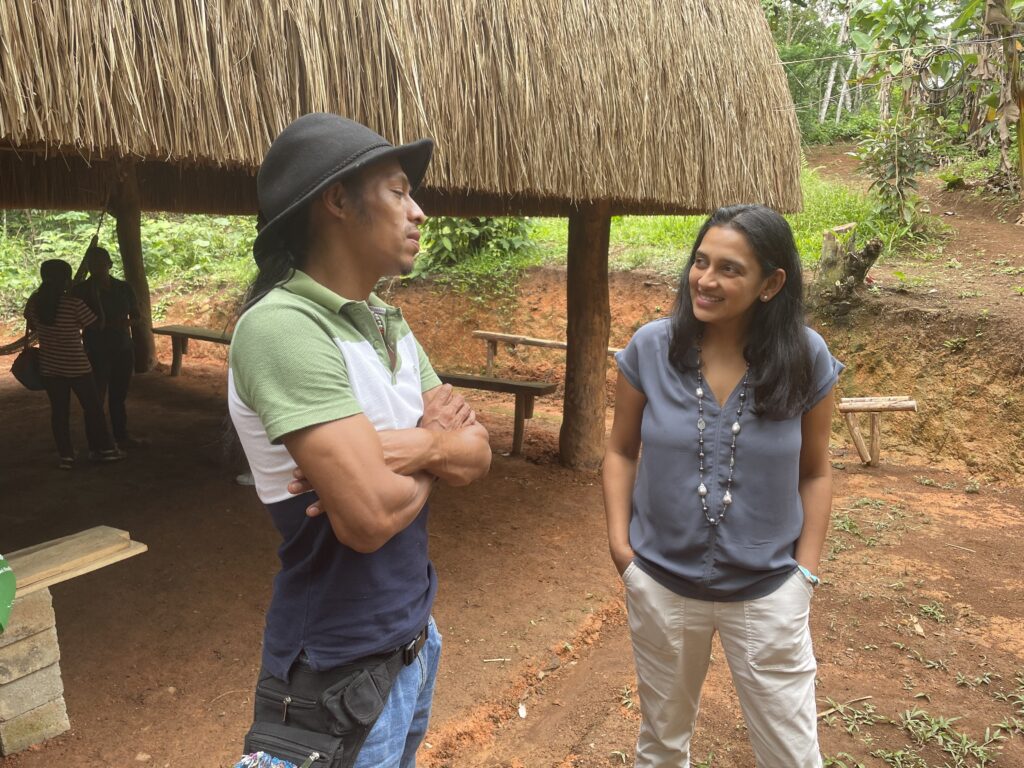We will advance accessibility, equity, inclusivity, truth and reconciliation in our academic and research programs, spaces, operations and institutional culture.
People in Canada have had cause to reflect on ways in which we have unjustly treated Indigenous, Black, and other racialized people. At the same time, there is attention to the social injustice in our daily lives that denies access, opportunity, and support to some groups, especially those from underrepresented and marginalized communities. In Canada and around the world, people and communities are navigating troubling times and with greater awareness of the complex intersections of inequity that privilege some and oppress others.
Globally, public health crises, and geopolitical forces such as war, an economy disrupted by technology, and climate change have heightened inequality in health and wellbeing. While some are thriving, others are being left behind.
Our Work
Through our research, our teaching, and our organizational culture, the Faculty of Health seeks to create an inclusive environment where we work, teach, and learn – where everyone feels welcomed and valued.

in Costa Rica
Why This Matters

Indigenous peoples comprise 5% of the world’s population, yet safeguard 80% of the planet’s biodiversity. Where Indigenous peoples have control of the land, forests and biodiversity flourish. Their sustainable land use fights climate change and builds resilience to natural disasters. We must support Indigenous peoples and preserve this knowledge as a vital tool to protect the environment and tackle climate change. – Amnesty International

Health Ministers from around the world, as part of the OECD’s Health Committee, have agreed to make health systems more resilient to shock, to improve equity, and to address future health systems challenges. They agreed to prioritize people's needs, resilience and to address climate change for a healthier future for all. They urged work to secure better health for people across society. – The Declaration on Building Better Policies for More Resilient Health Systems, January 2024

Ensuring inclusive and equitable quality education and promoting lifelong learning opportunities for all is one of the United Nations’ 17 Sustainable Development Goals. “Quality education and lifelong learning opportunities for all are central to ensuring a full and productive life to all individuals and to the realization of sustainable development.” – United Nations

The UN has also identified the need to reduce inequality within and among countries as a Sustainable Development Goal. “Too much of the world’s wealth is held by a very small group of people. This often leads to financial and social discrimination. In order for nations to flourish, equality and prosperity must be available to everyone – regardless of gender, race, religious beliefs or economic status.” – United Nations

To achieve this goal, by 2028 we will:
- Incorporate the Truth and Reconciliation Commission’s calls to action into all we do
- Develop an Indigenous Health and Wellness Hub to incorporate Indigenous ways of knowing and doing
- Pilot a support program for equity-deserving learners
- Celebrate our efforts to advance accessibility, equity, inclusivity and belonging
